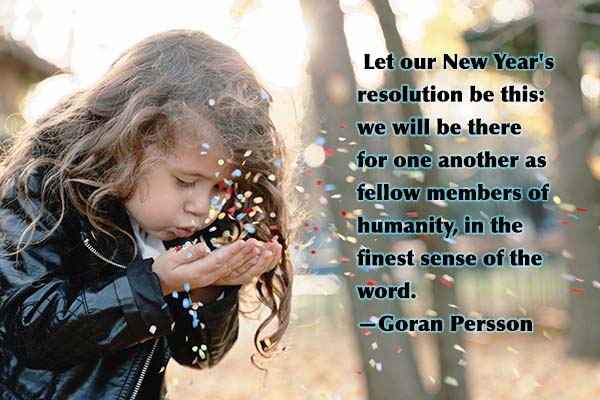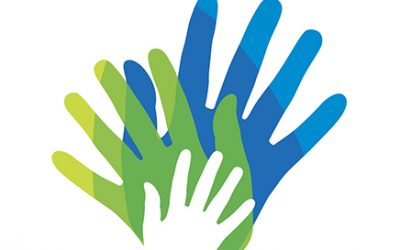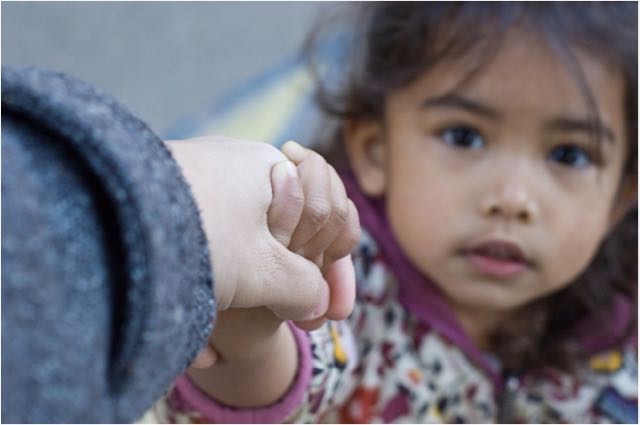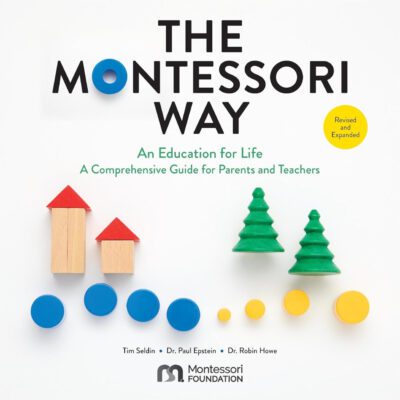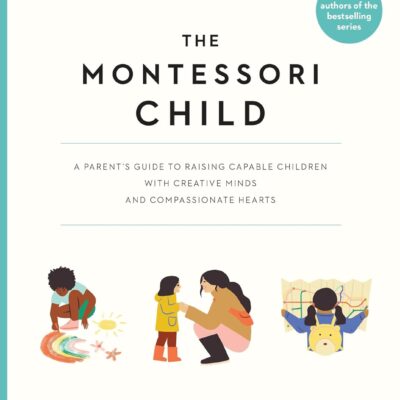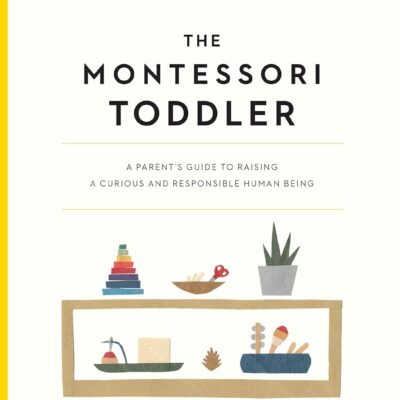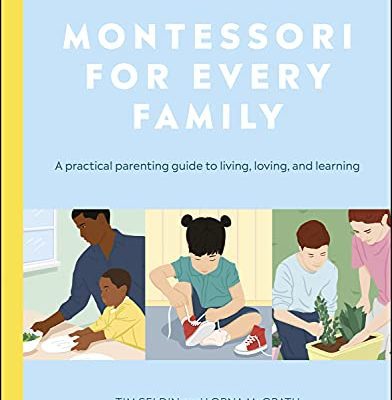Practical Life is a fundamental part of the Montessori curriculum. Dr. Maria Montessori wrote, “Education should not just be preparation for university, but preparation for life.” We want our children to have the skills and knowledge to function very well independently: capable of caring for themselves and their environments; knowing how to behave in a manner that will lead them to success in all aspects of their personal, educational, and professional lives. Our responsibility as parents is to help them to be ready for successful, independent living.
In Montessori classrooms, at every level from toddlers to young adults we divide Practical Life into the following areas: Care of Oneself; Care of One’s Environment; Food Preparation; and Grace and Courtesy. Just as at every level in our classrooms children become more and more abstract thinkers and have less need of pre-made materials to demonstrate skills and concepts, so a similar evolution occurs in our homes.
In the early years children work with activities, all very neatly ordered and on the shelves. The activities are specifically designed for them to learn all sorts of Practical Life skills, such as dishwashing; preparing for their own snack; using utensils; and resolving conflicts using their words. The Practical Life area is quite obvious in a Toddler or Early Childhood classroom. In the Elementary years practical life materials are not always designated to an area or grouping of shelves. They tend to be placed around the indoor and outdoor environments where they can be accessed when needed. For example, you may find them in a garden shed, a kitchen area, or at a workbench with cabinets for tools. At the Adolescent level students may be helping with projects in the larger community such as Habitat for Humanity; traveling across town to the public library or the local college to do research; writing their resume and cover letters to set up internships for themselves in local businesses; or designing costumes for a performance.
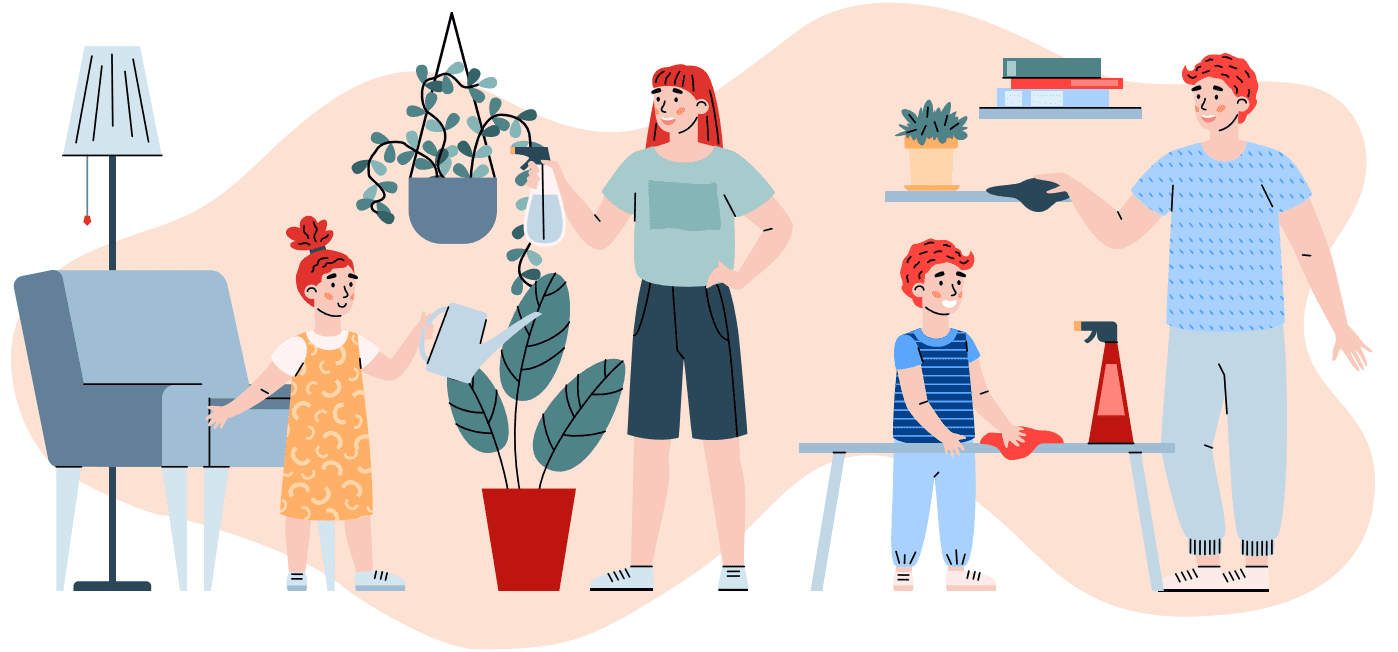
Throughout their home and school years these kinds of activities are important because they have dual purposes within each activity. The obvious purpose is the skill that they learn from each activity like how to use a dustpan and brush, how to plan and prepare a meal, how to interrupt politely, how to peel and cut bananas, how to get across town on a bus, or how to fold the laundry, etc. The other purpose is what we like to call the “hidden lessons” which are as, or more important than the actual skill attained. These hidden lessons are independence, order, concentration, and coordination.
So when we think about folding laundry, and we observe children doing that activity we can easily see that knowing how to fold it helps them to develop a skill that will allow them to be more independent. At the same time, they are learning to sort and categorize laundry items to create order, to pay attention and carefully fold clothing neatly, and to coordinate their hands and minds as they complete the activity. These are essential skills that apply to many aspects of their adult life. The beauty of it is that children do this work throughout their growing years without being conscious of all that they are learning.
So next time your child tells you about folding the laundry at school, or you watch your child folding and putting laundry away at home, notice the sparkle in their eye and the pride in their work that your children have when they participate in these everyday activities.
The child who has felt a strong love for his surroundings, and for all living creatures, who has discovered joy and enthusiasm in work, gives us reason to hope that humanity can develop in a new direction.
Maria Montessori
Here are some of the activities for home and school, at each level of development.
Toddler Level
- Dressing and undressing oneself
- Feeding oneself
- Toileting oneself
- Saying hello and good-bye
- Sharing
- Cleaning up spills
- Putting work away
- Washing hands and bathing oneself

Primary Level
- Sewing
- Hand Washing
- Dressing and undressing oneself
- Preparing snacks and appetizers
- Baking
- Following simple recipes
- Manners
- Watering plants
- Arranging flowers
- Sweeping the floor
- Washing dishes
- Folding laundry
- Gardening
- Woodworking
- Conflict resolution
- Greeting and welcoming guests
- Doing Laundry
- Making the bed
Elementary Level
-
Preparing more complex recipes
-
Planning and preparing family meals
-
Writing invitations and thank you’s
-
Choosing appropriate clothing for different occasions
-
Telephone and texting manners
-
Running a business
-
Gardening
-
Managing money
-
Greeting and welcoming guests
-
Introducing people and oneself
-
Conflict resolution
-
Participating in team activities
-
Understanding rules and games
-
Planning “get togethers” and parties
-
Learning to dance
-
Allowances and chores
-
Cleaning and organizing their room
Secondary Level
-
Social networking etiquette and safety
-
Understanding body changes
-
Interacting appropriately with different genders
-
Dressing for the occasion
-
Community service
-
Bank accounts and debit cards
-
Reconciling check books
-
Check writing
-
Mind trust
-
Understanding advertising and it effects
-
Recognizing everyone’s contribution to the whole
-
Using public transportation

